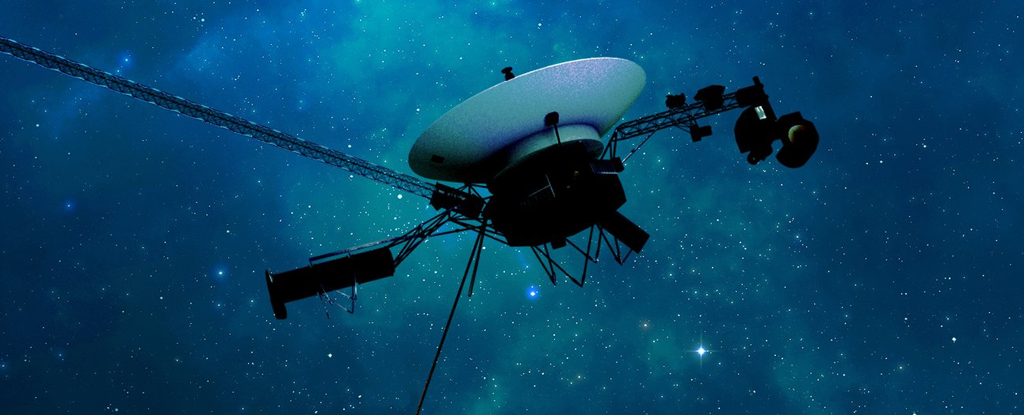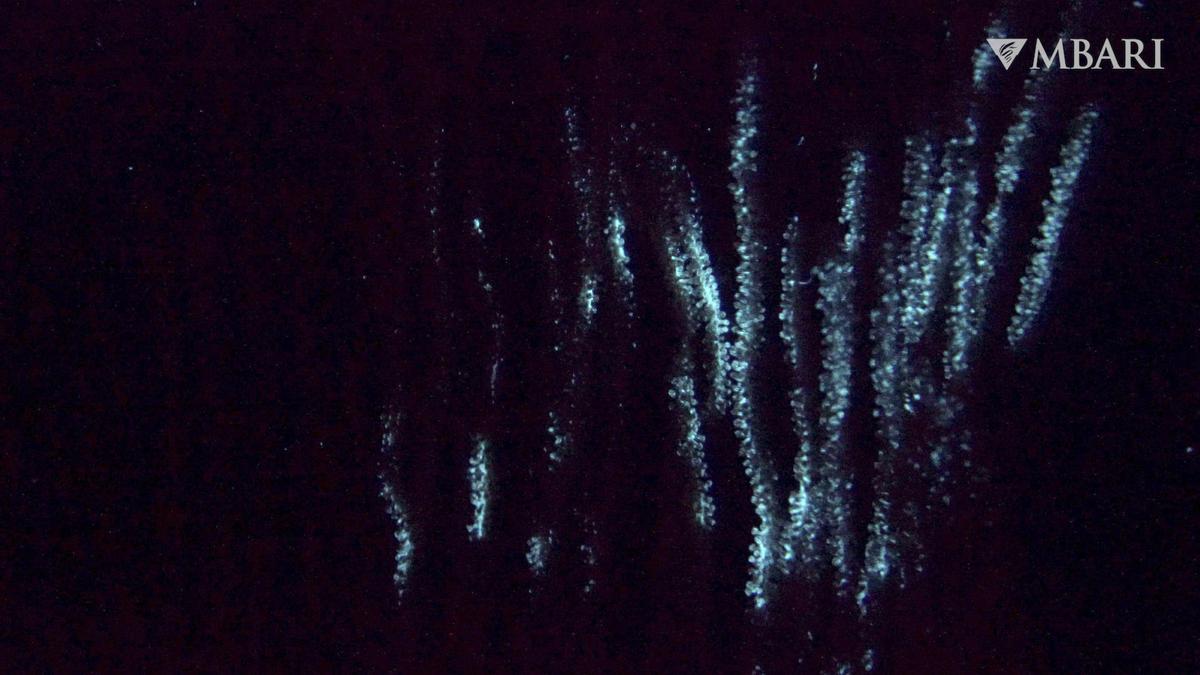Voyager 1, the most distant man-made object in the Universe, has resumed sending usable information back to Earth after months of sending garbled data. NASA’s Jet Propulsion Laboratory team discovered that a malfunctioning chip was causing the issue and devised a coding fix that worked within the spacecraft’s limited memory constraints. Now, Voyager 1 is providing data on its engineering systems and plans to start sending scientific data soon.
Voyager 1 was launched in 1977 and became the first spacecraft from Earth to enter the interstellar medium in 2012. It is currently over 15 billion miles away from Earth, showcasing the immense distance it has traveled. Messages from Earth take about 22.5 hours to reach the spacecraft, highlighting its incredible journey so far.
Voyager 2, Voyager 1’s twin, also left the solar system in 2018. Both spacecraft carry “Golden Records,” containing a variety of information about Earth intended for potential extraterrestrial encounters. These records include a map of our solar system, a piece of uranium for dating purposes, and instructions on how to play the record. The selections for the Golden Records were chosen by a committee headed by Carl Sagan and include encoded images of life on Earth, music, and sounds that can be played with a stylus.
Despite their incredible journey, both Voyager spacecraft are expected to run out of power sometime after 2025. Once their power is depleted, they will continue to drift through the Milky Way in silence, potentially for eternity.



